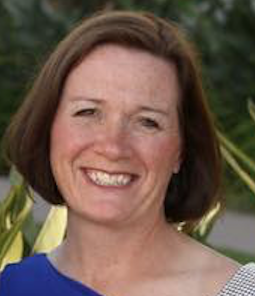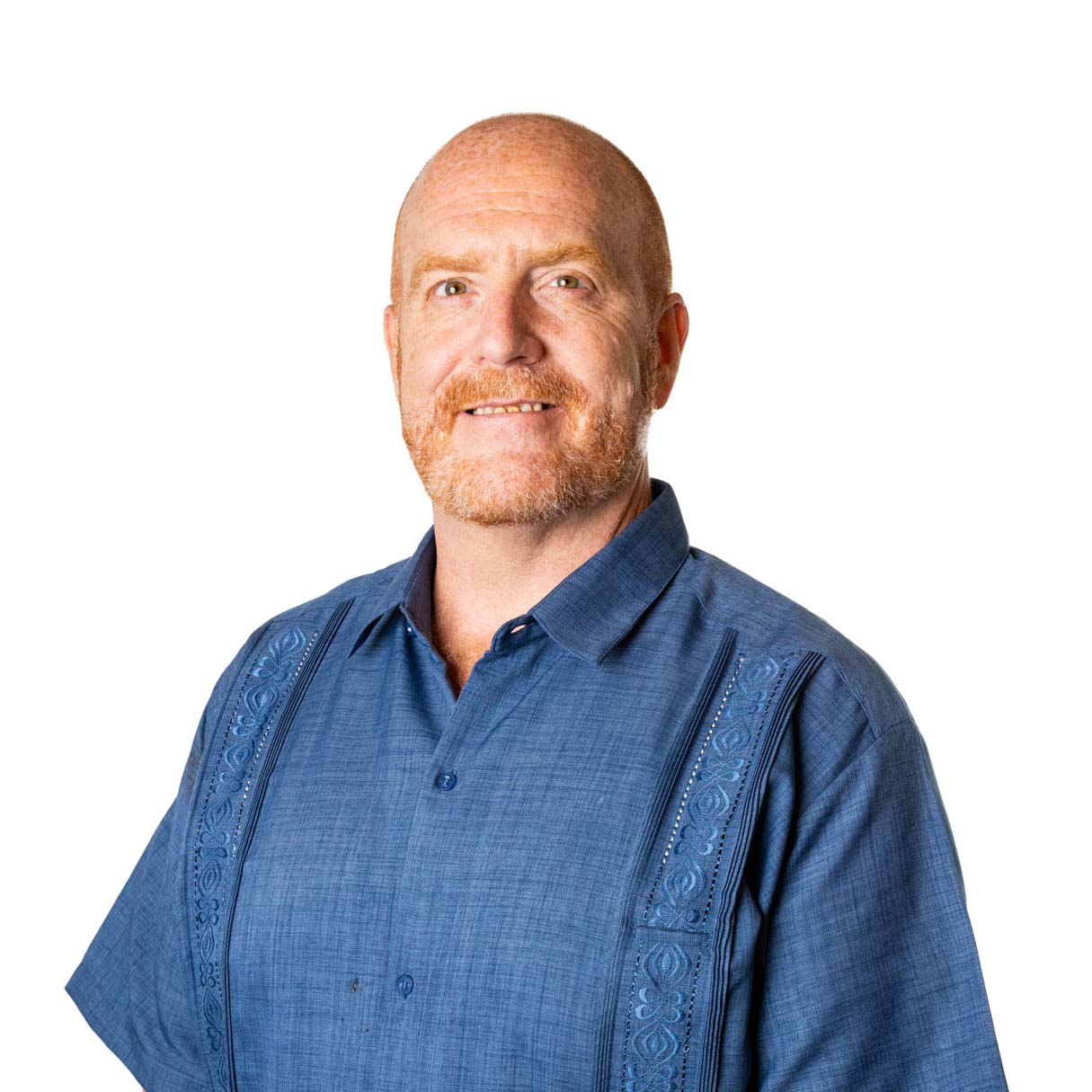Certificate of Less than One Year In Health Communication
Explore the intricacies of health communication, from nuanced patient interactions to impactful public health campaigns, in this 12 hour certificate program.
Program Location
Carrollton Campus
Method of Delivery
Face to Face
Accreditation
The University of West Georgia is accredited by The Southern Association of Colleges and Schools Commission on Colleges (SACSCOC).
Credit and transfer
Total semester hours required:
This program may be earned entirely face-to-face. However, depending on the courses chosen, a student may choose to take some partially or fully online courses.
Save money
UWG is often ranked as one of the most affordable accredited universities of its kind, regardless of the method of delivery chosen.
Details
- Total tuition costs and fees may vary, depending on the instructional method of the courses in which the student chooses to enroll.
- The more courses a student takes in a single term, the more they will typically save in fees and total cost.
- Face-to-face or partially online courses are charged at the general tuition rate and all mandatory campus fees, based on the student's residency (non-residents are charged at a higher rate).
- Fully or entirely online course tuition rates and fees my vary depending on the program. Students enrolled in exclusively online courses do not pay non-Resident rates.
- Together this means that GA residents pay about the same if they take all face-to-face or partially online courses as they do if they take only fully online courses exclusively; while non-residents save money by taking fully online courses.
- One word of caution: If a student takes a combination of face-to-face and online courses in a single term, he/she will pay both all mandatory campus fees and the higher eTuition rate.
- For cost information, as well as payment deadlines, see the Student Accounts and Billing Services website
There are a variety of financial assistance options for students, including scholarships and work study programs. Visit the Office of Financial Aid's website for more information.
Major Required
Students are required to take both COMM 4220 - Health Communication in Interpersonal Contexts and COMM 4221 - Health Communication Campaigns. They can then must choose one of the following COMM 3340 - Interpersonal Communication OR COMM 3360 - Communicating Across Cultures.
This theory-driven course will analyze verbal and nonverbal communication in person-to-person relationships, paying special attention to the stages of relationship development and dissolution, conflict management strategies, identity development, and the role of power and perception.
This course will analyze the communication process in intercultural contexts, including self-awareness of our intersecting cultural identities, listening, verbal and nonverbal styles across cultures, culture shock, and communication values in intercultural dialogue.
This course will introduce students to health communication theory, research, and practice in interpersonal and organizational health communication contexts, exploring topics such as patient-provider communication, the influence of cultural beliefs on health, and communication in healthcare organizations.
This course will introduce students to the basic theories and principles of health messaging design and delivery with the goal of improving health outcomes by changing people's beliefs and behaviors. The course will prepare students to use health communication theories to understand affected communities, develop and deliver targeted persuasive health messages, and evaluate messaging effectiveness.
Major Selects
Students are required to take one health-related, outside elective from the list provided. This will allow students to tailor their certificate program to their specific interests and career goals. Moreover, requiring an outside elective also embraces the notion that health communication is interdisciplinary in nature.
This course is designed to engage students in critically examining anthropological perspectives on the relationship between the biophysical environment and human physical health, with an emphasis on contemporary environmental health challenges. Topics covered include environment and disease, as well as health in the contexts of food production, natural disasters, radioactivity and toxicity, urban environments, mental health, and social inequalities. The course ends with a consideration of positive ways forward.
This course takes a cross-cultural perspective on experiences with mind-altering substances. Specific topics include drug use in human history, drugs in contexts of healing, spirituality, and recreation; addiction, drug production and trade as a form of livelihood, and legality and the War on Drugs.
This course provides a general introduction to concepts in medical anthropology, considering health, illness and healing from a biocultural standpoint. Topics covered include cross-cultural understandings of mental and physical health issues, global perspectives on health, and careers in medical anthropology.
A survey of the contemporary practice of shamanism as a cross-cultural system of divination, healing, and prophecy, foundational to the practice of religion and healing in most cultures (including state societies). Using examples from traditional small-scale indigenous and rural societies to the transposition of shamanism into Western urban cultures/subcultures, we examine the rationale, development, and adaptive practice of shamanism (e.g., altered states of consciousness and the use of shamanic tools and movements) as part of the wider cultural context of faith and healing.
This course examines the health policy process at the national, state, and local levels, with a detailed look at the steps in the process, groups involved, and resultant policies. Through group exercises, each student will experience the policy process, gain an understanding of the dynamics of change, and develop the ability to form coherent policies.
An exploration into the relationship between psychological variables and health. Topics covered include: personality factors, attitudes, beliefs, interpersonal relations, life-styles. Eastern and cross-cultural approaches, emotions, stress reduction, nutrition, and exercise as they relate to psychological and physical health.
This course examines the effect of psychological experiences on bio-physiological processes. Topics discussed include: Psychoneuroimmunology, state dependent learning, therapies (e.g., biofeedback, meditation, hypnosis, guided imagery, etc.), disciplines (e.g., yoga, tai chi, etc.), and philosophical conceptions of mind/body relations.
This course requires an exploration into the emotional and sociological aspects of loss, grief, dying and death--from the perspectives of the individual, the society, and the culture. This is done through lectures, guest speakers, exercises, and writing daily in a personal journal.
This course examines the borderless nature of diseases. The emphasis is on the health problems of people in developing countries. Special attention is paid to the historical and social context of health outcomes. In addition, consideration is given to the differences in health outcomes by gender, class, age, and ethnicity.
This course includes the sociological study of physical health and illness, therapy, rehabilitation and the organization of health care systems. It will examine help-seeking behaviors, utilization of health care services, issues of bioethics, and health care service provider roles, as well as race, class and gender stratification within the health care system.
This course presents a sociological introduction to the conceptualization and subsequent treatment of mental illness.

Melanie Conrad
Associate Dean & Senior Lecturer


Misty Wilson
Senior Lecturer & Communication Studies HeadNo Admissions Data Provided.
Specific dates for Admissions (Undergraduate only), Financial Aid, Fee Payments, Registration, Start/End of term, Final Exams, etc. are available in THE SCOOP.
- Students will be able to identify factors that impact the patient-provider relationship.
- Students will be able to make theory-based recommendations to improve health communication campaigns.
- Students will be able to discuss the impacts of health disparities on health outcomes.
